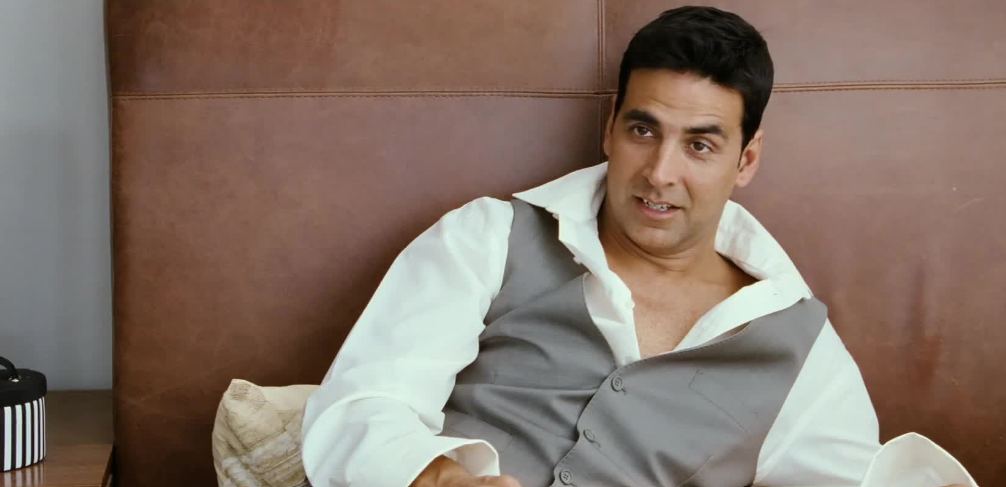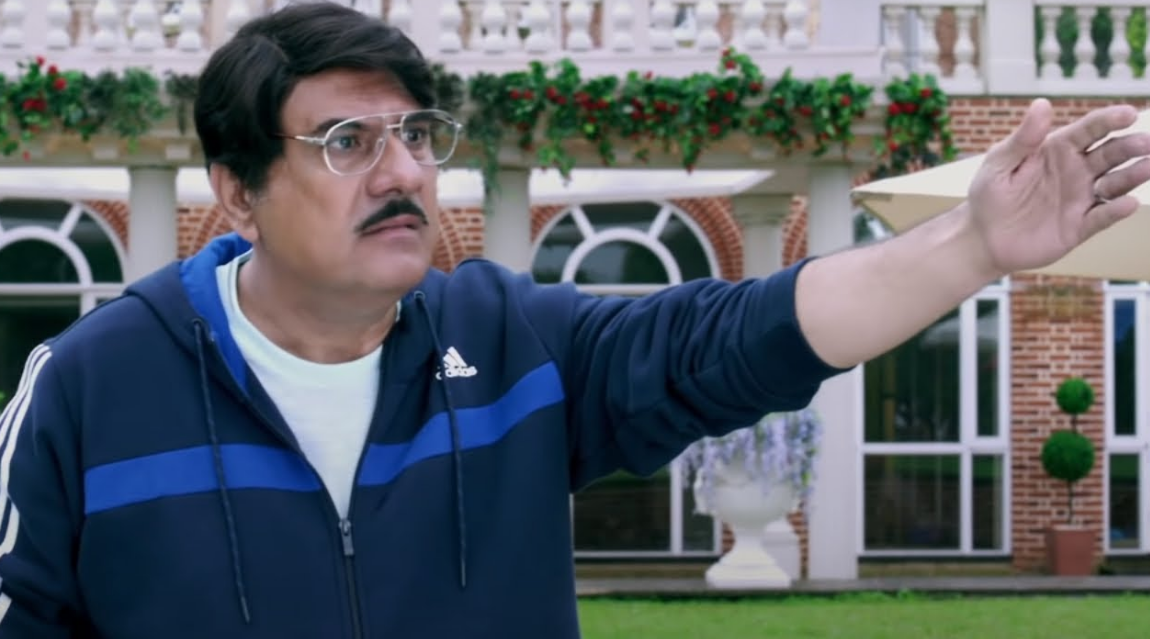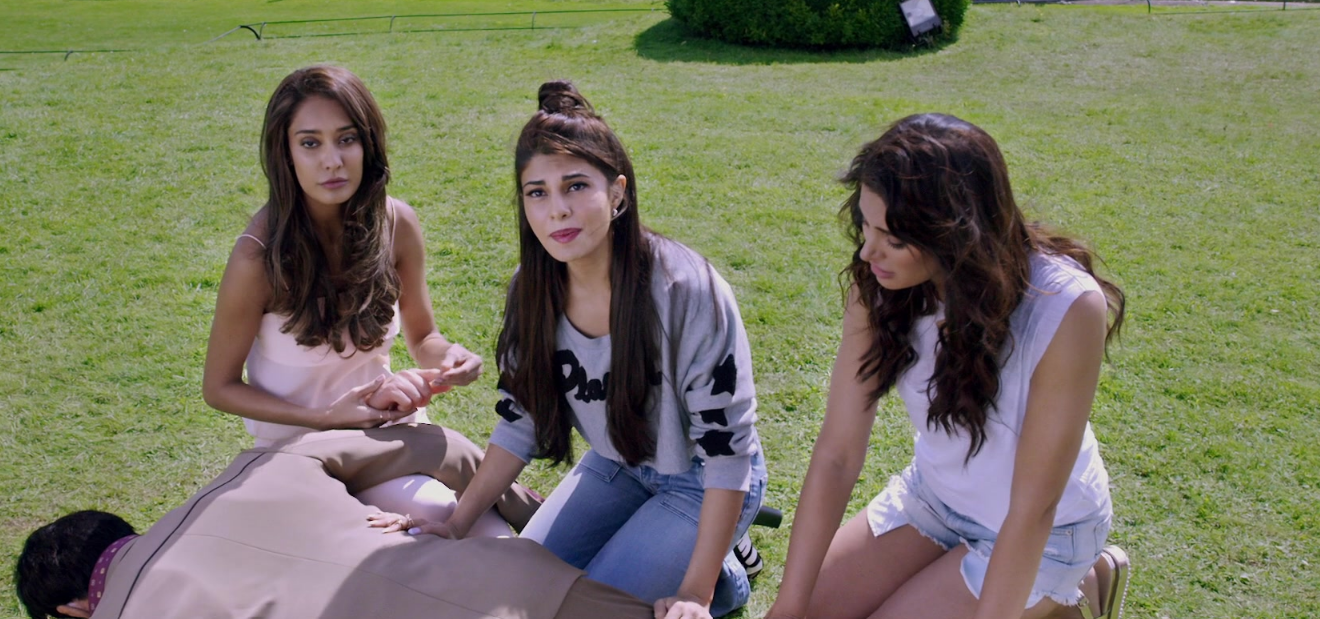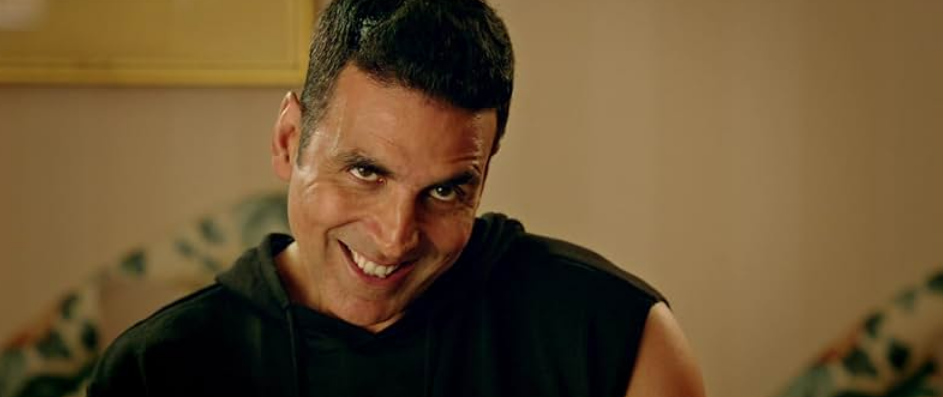
The Housefull film series has experienced significant ups and downs throughout its journey in Bollywood. The franchise faced major scrutiny following the exclusion of director Sajid Khan after MeToo allegations surfaced, while critics have consistently pointed to the misogyny and sexism depicted in these movies as deeply problematic elements.
Despite the controversies, the films have achieved remarkable commercial success. The franchise has grossed around Rs 800 crores across all movies combined, securing its position as the seventh highest-grossing Indian film series of all time. With the recent release of the Housefull 5 trailer featuring a much bigger star cast, expectations remain the same that it will be a laugh riot, but critics question at what cost this entertainment comes when it continues normalising misogyny on screen.

The Housefull universe operates without concern for political correctness. It represents a celebration of humour that many progressive cinema-goers believed was left behind in the 1980s. The franchise consistently mines laughs from sexist plots that create jokes at the expense of women, LGBTQ+ individuals, differently-abled people, and the Black community.
However, the commercial reality remains complex. As Akshay Kumar stated in an interview, Housefull "love, letch, and lots of adventure." This lechery works commercially, and box office numbers reveal people's willingness to engage with such content despite its polarising and problematic nature.
Looking back at the franchise's history reveals a consistent pattern of political incorrectness that has been monetised for box office collections across the country. Each instalment has contributed to this troubling legacy in different ways.
In the first film, Boman Irani's character calls a Black woman "Shurpanakha," referencing the mythical character from Ramayana who is often described as having dark skin and whose nose gets chopped off as a symbol of humiliation and loss of beauty. This comparison carries deeply offensive racial and cultural implications.
The third installment continues this problematic trend. Irani plays a rich billionaire who employs only Black women as servers. In one scene, he addresses a waitress saying, "Aye Margaret, sausages sab ka bada ghumao-ne" in front of everyone, creating uncomfortable racial dynamics that serve as supposed comedy.
Later in Housefull 3, when antagonists inadvertently sleep with these African-American housemaids, they are told "Tumne muh kala kiya," reinforcing negative stereotypes about Black women and sexuality.

The franchise consistently portrays gay individuals as oversexed disruptors of family structures. Boman Irani's character becomes convinced his son-in-law is homosexual and imagines him "shacking up with the servant boy" whom he caught speaking "lasciviously on the phone to men." These scenes attempt to mine humour from homophobic assumptions and stereotypes.
The offensive content reaches a peak when Boman Irani points at Arjun Rampal and screeches "Tu bhi to homo hai," using sexuality as an insult and source of shame rather than treating LGBTQ+ identity with basic human dignity.
In Housefull 3, the three leading actresses Jacqueline Fernandez, Nargis Fakhri, and Lisa Haydon are collectively called "maal" by Akshay Kumar's character. This derogatory term reduces women to objects for male consumption rather than treating them as complete human beings with agency and worth.

The irony becomes particularly stark when considering that this occurred before Akshay Kumar's characters began addressing social issues, attempting to sell audiences on menstrual pad awareness and women's empowerment. Yet Housefull 4's promotional song featured actors crooning "Ek chumma toh banta hai," suggesting the franchise's problematic approach to consent and women's autonomy continues.
Don't Miss: Housefull 5 Cast Fees: Did Akshay Kumar Get a Hike After OMG 2's Hit Performance?
Film critics have noted that Housefull 3 treats its female characters as mere props rather than developed individuals. The three Indian heiresses living in London lack distinct names or personalities. Their characterisation brief appears to have been simply "look attractive and interchangeable."
Since these heiresses supposedly grew up in London, their faulty Hindi becomes another source of mockery. One character says, "Seriously guys, akhrot ho kya?" and helpfully translates "Are you guys nuts?" This linguistic prejudice adds another layer to the franchise's problematic approach to character development.

Housefull 3 features all lead actors Akshay Kumar, Riteish Deshmukh, and Abhishek Bachchan pretending to have various disabilities, which they swap throughout the film's course. When Akshay Kumar's character wheels in to meet his potential father-in-law, he touches his feet saying "Wheel pauna papaji."
Riteish Deshmukh's character Teddy pretends to be blind, and when asked where he met someone's daughter, responds "On a blind date." These jokes treat disability as inherently funny rather than recognising the real challenges faced by differently-abled individuals.
The franchise includes ableist humour as a fundamental part of its comedic universe, normalising the mockery of people with disabilities for entertainment purposes.
The Housefull franchise occupies a complex position in entertainment. Many people enjoyed these films, many others reviled them, but significantly, many viewers laughed uncomfortably while fully recognising the offensive nature of the humour. This raises fundamental questions about audience complicity in normalising problematic content.
Critics note that the franchise includes content that resembles "toxic WhatsApp forwards," including rape jokes that belonged to immature teenage humour.
The franchise's commercial success demonstrates that offensive humour can be profitable, but this raises questions about the entertainment industry's social responsibility. Box office numbers reveal audience willingness to consume problematic content, creating a cycle where such material continues to be produced.
View this post on Instagram
As Housefull 5 prepares for release with its expanded star cast, the question remains whether the franchise can evolve beyond its problematic past. The series has established itself as an "equal opportunity offender" that targets multiple marginalised communities through racist, sexist, and ableist content.
Film critics have noted that while some scenes in previous instalments occasionally hit comedic marks, these moments are "painfully infrequent." The challenge for the fifth instalment lies in determining whether comedy can be genuinely funny without relying on the systematic degradation of vulnerable communities.
Keep reading Herzindagi for more such stories.
Image Courtesy: IMDb
Also watch this video
Herzindagi video
Our aim is to provide accurate, safe and expert verified information through our articles and social media handles. The remedies, advice and tips mentioned here are for general information only. Please consult your expert before trying any kind of health, beauty, life hacks or astrology related tips. For any feedback or complaint, contact us at compliant_gro@jagrannewmedia.com.